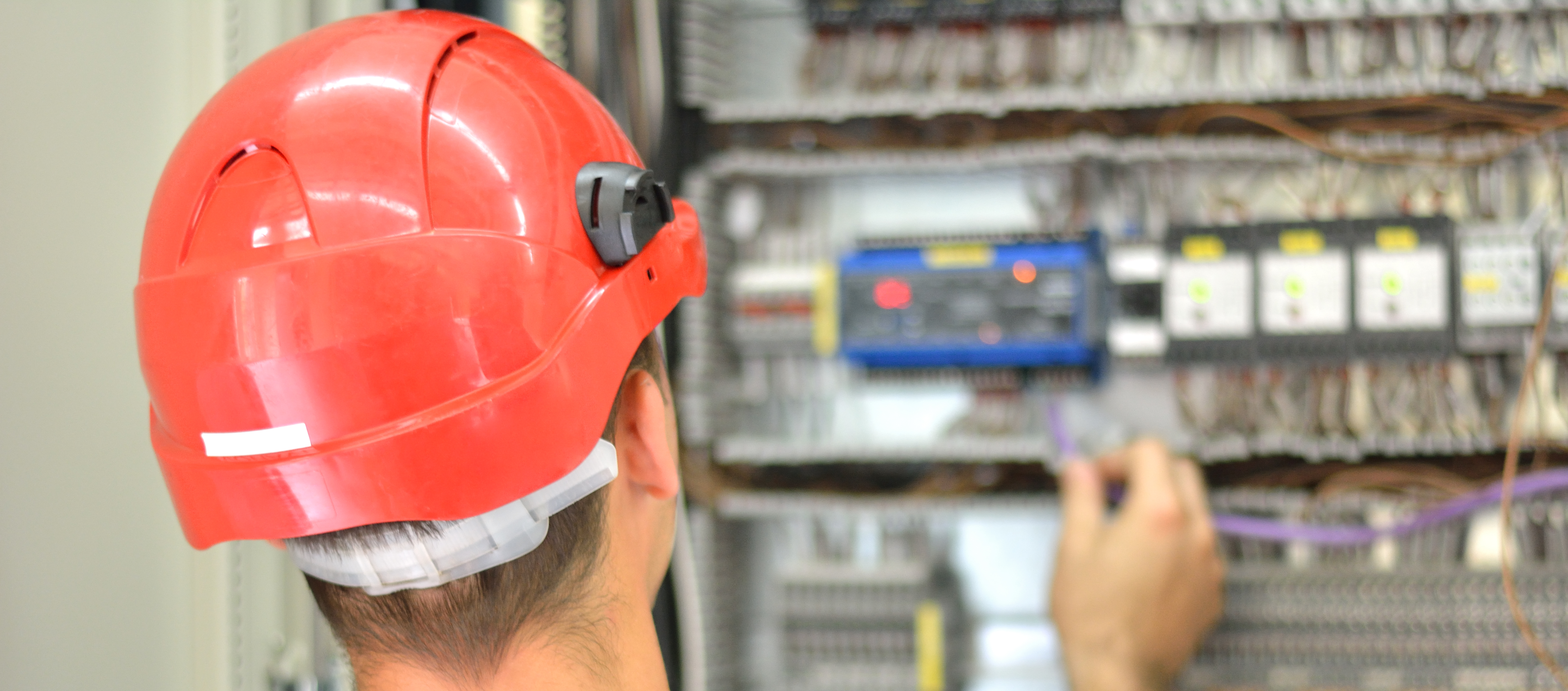Common electrical mistakes performed by homeowners that perform their own work.
Mistake #1: Installing a higher wattage bulb on a poor lit area or room.
Increasing the bulb wattage increases the operating temperature of the light fixture which in turn causes the electrical wiring insulation to burn right off the live wires, putting your home at risk of an electrical fire. Most light fixtures are rated for 75W bulbs max. Always double-check the maximum rating on a light fixture before bumping up the bulb wattage.
Mistake #2: Using extension cords as a means of a permanent electrical installation.
Examples of these are electrical cords buried underground to power fountains, landscape lights, and even to power sheds or workshops. Always utilize the appropriate wiring for every specific electrical project.
Mistake #3: Utilizing outlet splitters around the whole house and/or exceeding the amount of appliances plugged per outlet.
Not too many people are aware of the dangers behind this; when multiple appliances are being run on one outlet the outlet begins to melt internally as well as the wiring insulation because of the excess in current being drawn.
Mistake #4: Removing hard wire smoke detectors around the home due to the chirping sound.
Don’t risk your life or that of your loved ones for an easy fix, or even worse for simply not taking the time to replace the backup batteries in your smoke detectors periodically. Fact!!
Mistake #5: Running portable A/C units and heaters on 15 amp rated outlets.
Large appliances such as portable A/C units and space heaters should always be accommodated with a 20 amp rated outlet the reason being: units such as these typically draw between 12 & 13 amps. The biggest concern is not that the amperage draw is noticeably close to the maximum rating of a 15 amp outlet, the danger is in the amount of time these two specific portable appliances are being operated for. The amount of stress that is being put in the 15 amp rated outlet for long periods of time causes the outlets internals to start deteriorating to the point of a complete melt down; putting your home at risk of an electrical fire.






